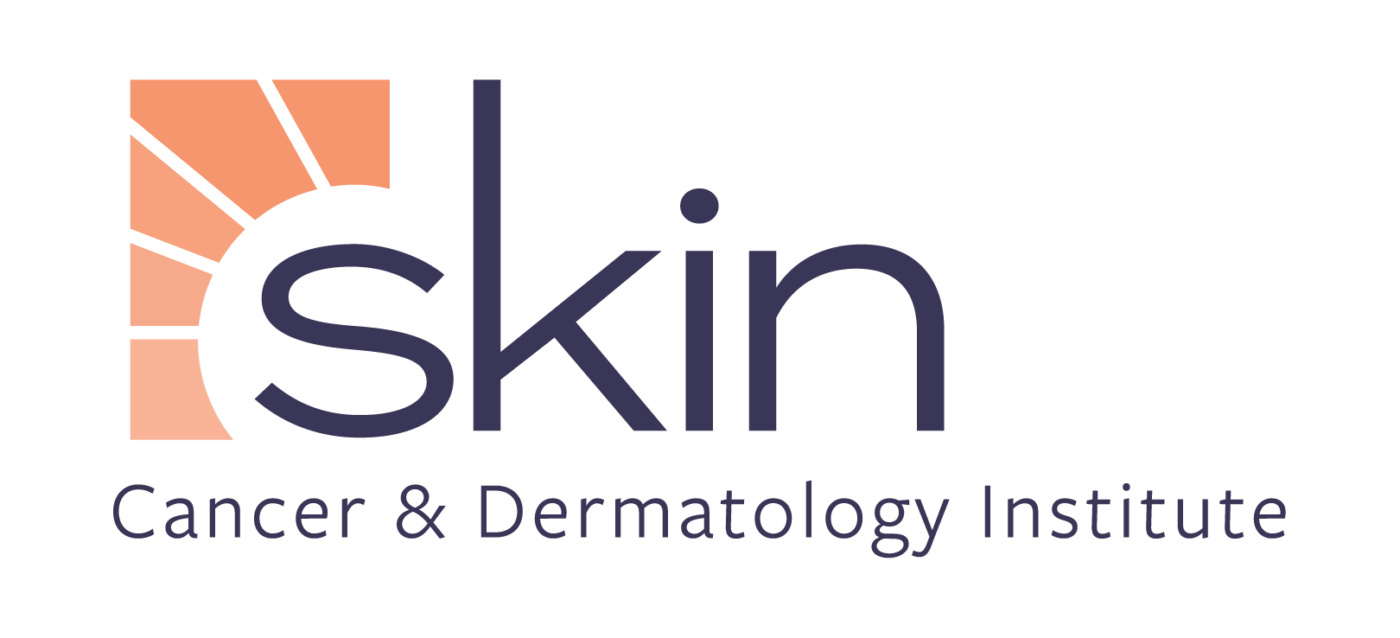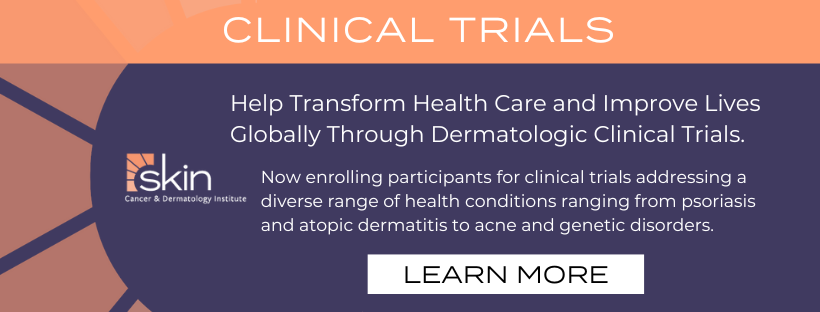Many things come to mind when we think about the experience we may have with acne breakouts, and for some of us feel stronger about it. Acne is a skin condition that can affect anybody at any age. According to the American Academy of Dermatology acne is the most common skin condition in the United States, affecting up to 50 million Americans a year. We will talk about how acne can affect you at different stages of your life and a few ways treat it.
WHAT IS ACNE?
Acne is a skin condition that occurs when your hair follicles become plugged with oil and dead skin cells. As a result, your skin becomes inflamed, and if bacteria becomes trapped in the follicle, the body’s immune system reacts to the infection, producing pimples. Some of the different types of acne include:
- Pimples, nodules, and cysts form when the wall of skin surrounding a clogged pore opens, allowing bacteria to seep into the skin’s deeper layers. A large, red pus-filled mass is created as your body naturally reacts to the bacteria.
- Blackheads are clogged pores that remain open on the surface, which then turns black.
- Whiteheads are clogged pores that become closed under the surface of the skin causing pores to swell.
THE BASICS OF TEEN ACNE
At this age, acne is mainly caused by the increase in hormone levels that occurs during puberty. Known as androgens, these hormones increase the size of oil-producing skin glands, thus increasing the production of oil. As oil passes through large pores, they can become clogged, and you end up developing the hallmark blemishes at that spot. For girls, these hormones are usually progesterone and estrogen, and in boys, testosterone. Whether you have a rough patch with acne at this age, or a few spots here and there, depends on a range of factors, one of them being genetics. If acne runs in your family history, odds are you probably will too. Differences in testosterone levels, how your skin responds to acne, the type of bacteria present in your skin, and the type of products that may irritate your skin are other factors.
One of the differences between adult acne and teen acne is the location where acne appears. In teenagers it occurs on the face, chest, and back. For most teenagers, once their hormones start to level out, they will “grow out” of the acne breakouts.
Treating Teen Acne
Your teens are a great time to start creating good skin care habits. A good skin care routine will serve you well throughout the years and will help you through your acne breakouts.
- Wash your face gently once or twice a day with a mild soap and water. Avoid facial scrubs or washcloths as scrubbing can cause breakouts.
- Avoid picking and squeezing.
- If you use makeup, use water-based, non-comedogenic products, and remove makeup fully every day. Avoid pore-clogging ingredients like lanolin and mineral oil, alcohol toners which can cause your skin to produce more oil, artificial fragrances and colors that can irritate your skin, causing more breakouts.
- Look for products with salicylic acid to remove dead skin cells and prevent bacteria.
- Moisturize and use SPF daily with non-oily products.
Not quite getting the results you need? Consult your Dermatologist for additional treatment options. Be thorough with your medical history, especially as to your acne breakouts as this will help them recommend treatments that are specific to your situation.
NAVIGATING ADULT ACNE
Soon you leave your teens behind and celebrate getting out of your awkward teenage years and along with it, your acne. Well, it doesn’t always work that way! For some adults, the acne will continue through adulthood. And for others that never experienced acne before, they will get adult-onset acne. For adults, acne is also about excess production of skin oil, or sebum. It does seem to affect more women, mostly due to hormonal fluctuations from pregnancy and menstruation. Adult acne can also be attributed to some medications, such as steroids, lithium and phenobarbital, some medical conditions, as well as irritation from hair spray and cosmetic products.
Both types of acne (teen and adult) can also be caused by contact irritations. Things like helmets, and face masks (that dreaded maskne) can create sweat on your skin. The friction created and the sweat can irritate your skin, resulting in breakouts.
Adults normally will see acne breakouts on their chin, nose, and around the mouth area. As we age, skin cell turnover rates slow down, making it more difficult to heal from breakouts than when we were younger. As adults it is also a bit more challenging to treat acne due to skin sensitivities, dehydration, and pigmentation issues.
Treating Adult Acne
- Since adult skin can be more sensitive, you want to avoid harsher products that younger skin might be able to handle. Focus on spot treatments and balancing your skin.
- Avoid picking and squeezing. Your skin does not heal as quickly as it did, and picking can cause further breakouts, scarring or redness.
- Adult skin loses some of its ability to retain moisture. Use products that will not over dry your skin such as salicylic acid or glycolic acid to help remove dead skin cells, excess oil, and dirt. And don’t forget to moisturize with products that are not oily.
- You also need to meet all your other skin care needs. If you need to balance uneven skin tones, or are combatting aging, you can use products that contain retinol, and ingredients that help with skin tone.
DOES NUTRITION PLAY A ROLE IN ACNE?
While it has not been proven that things like junk food, chocolate, or greasy, fried food causes acne, if you find that a specific food irritates your skin, try avoiding it. Some studies do suggest that dairy products and refined sugars can contribute to acne breakouts. Eating food low on the glycemic index and limiting your dairy intake might help improve your skin.
WHEN SHOULD YOU SEE A DERMATOLOGIST?
Acne treatments need time work. If a treatment works for you, you should see an improvement in 4 to 6 weeks, and 2 to 3 months or longer to see the acne clearing.
See your Dermatologist if you have been using over-the-counter products, and they are not helping, if your acne is severe and painful, or it is leaving scars and lesions on your skin. Your Skin Care Provider can individualize your treatments to fit your specific skin, needs and issues. There are prescription treatments that can be more effective, such as Accutane, hormonal agents such as birth control, and antibiotics. The goals with acne treatment are to heal existing lesions, stop new lesions from forming, and prevent scarring.
Lasers and cosmetic procedures can also be used for the treatment of acne. Some of the effective cosmetic procedures that we offer at Skin Cancer & Dermatology Institute for the treatment of acne include the following:
Light Treatments
- Light Treatments aim high-intensity light at target areas to reduce blemishes, including acne. We offer Photorejuvenation and Photo Revelation that may be an effective acne solution for you.
Laser Resurfacing
- This treatment removes the outermost layers of skin to reduce the appearance of blemishes, including acne scarring.
Chemical Peels
- Chemical Peel treatments introduce medical-grade acid solutions to the skin’s surface, removing the outer layers of skin thus revealing fresh new skin.
Our Providers and Cosmetic Specialists at Skin Cancer & Dermatology Institute specialize in the treatment of acne. We also offer various skin care products tailored to treating acne. Visit us online to request an appointment at any of our ten Greater Reno-Tahoe area locations.



